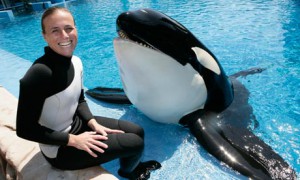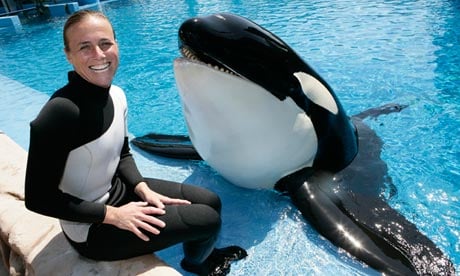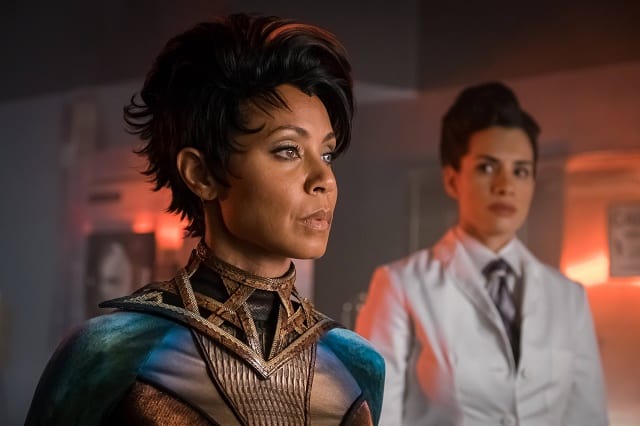 Blackfish
Blackfish
Directed by Gabriela Cowperthwaite
USA, 2013
Forty-nine years ago, agents of the Vancouver Aquarium harpooned a 15-foot long orca (later dubbed “Moby Doll”) and dragged the suffering animal back to a public display pen at the Burrard Dry Dock company. The traumatized whale lasted less than three months in captivity, after refusing to eat for most of that period. This cheap and tragic stunt set the tone for a new and immensely lucrative trend in marine mammal exhibition. SeaWorld of San Diego opened in 1964, launching an industry that has a great deal of blood (both human and cetacean) on its hands. Taking its cue from reports of numerous “accidents” that have occurred in marine parks around the globe, Blackfish exposes systemic problems with the use of orcas for entertainment purposes, arguing that trainer deaths and injuries that have been dismissed as “isolated incidents” were in fact inevitable, given the psychologically damaging conditions of the whales’ captivity.
Relying heavily upon the testimony of former SeaWorld trainers – men and women who once believed implicitly in the value of their work with whales – Cowperthwaite’s insightful documentary makes no attempt to downplay the thrilling and emotionally satisfying aspects of our seeming “rapprochement” with orcas during the past five decades. The director understands the heart-tugging appeal of Shamu-style aquatic spectacles, which cast these highly self-aware, independent and family-oriented mammals as one-ton trained dogs of the deep, eager to please and play with their human companions. Unfortunately, as a magnified screen capture of even the most innocuous SeaWorld footage reveals, the truth beneath this smiling surface is as painful as the perpetual “rake” gashes inflicted upon each other by frustrated orcas forced to live in restrictive pens with very little mental or physical stimulation.
Much of the documentary centers upon the life experiences of a 12,000 pound whale named Tilikum, who killed two trainers (the first at the now-defunct SeaLand in Victoria, BC and the other at SeaWorld of Orlando) in incidents twenty years apart. The largest orca in captivity, this multi-million dollar mammal is still highly valued as a breeding stud. Moreover, despite his bloody history, it seems clear that Tilikum is not “insane”, “rabid” or otherwise unhinged. (Indeed, he is now performing once again, albeit under more closely guarded circumstances than usual.) The film asserts that Tilikum’s aggressive acts should be understood as on a continuum with resentful outbursts by many other orcas held in servitude for our amusement. Cowperthwaite introduces a compelling range of expert and other eyewitness accounts of orca capture, training and incarceration practices, all of which help to place the behaviour of these animals in context. By separating orcas from their familial pods (each of which has its own distinct customs and language) and severely curtailing their mental and physical freedom, businesses like SeaWorld are literally turning these sociable whales into potential “killers”.
Blackfish made its Canadian Premiere at the Isabel Bader Theatre on April 30. It will show again at the Isabel Bader Theatre on May 2 (2 pm) and at the Bloor Hot Docs Cinema on May 3 (9:15 pm).
Consult the complete Hot Docs Festival schedule here.






